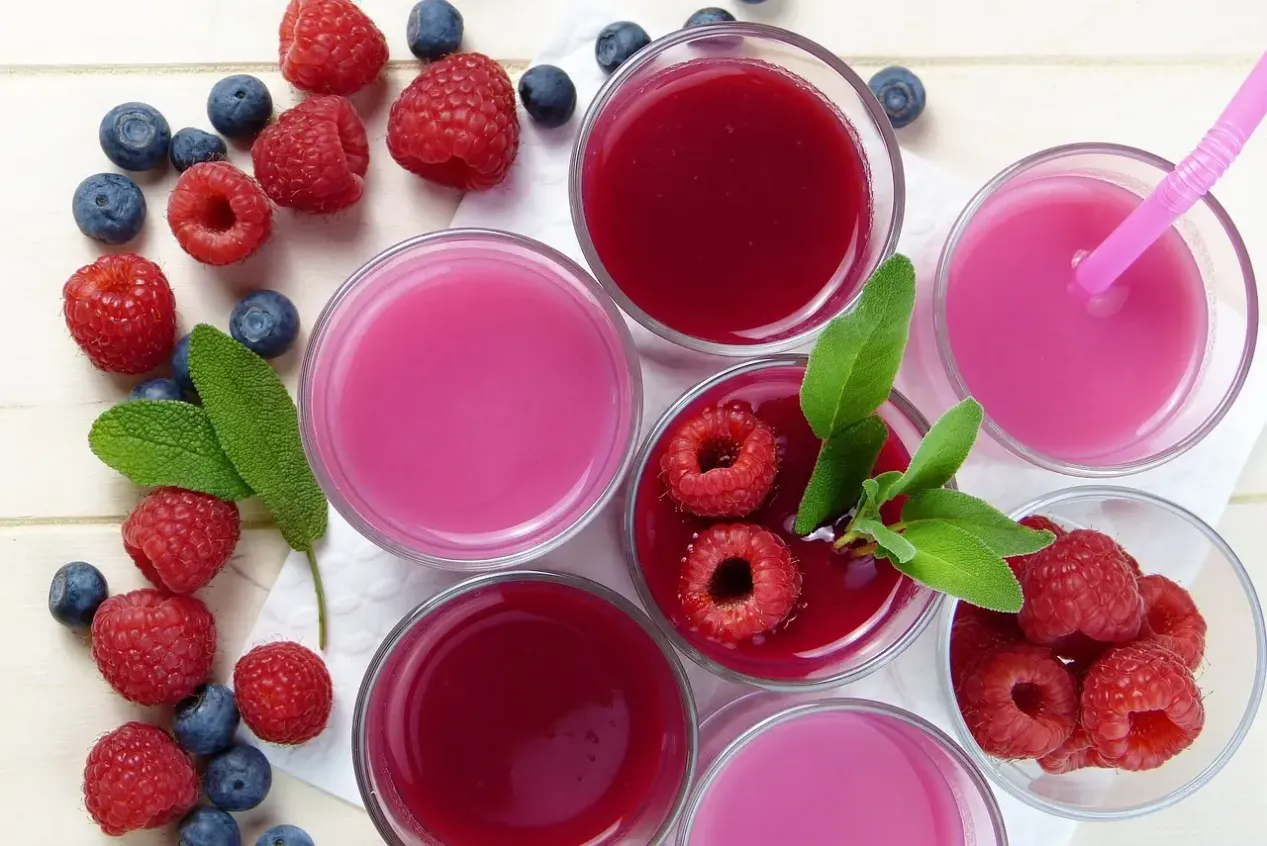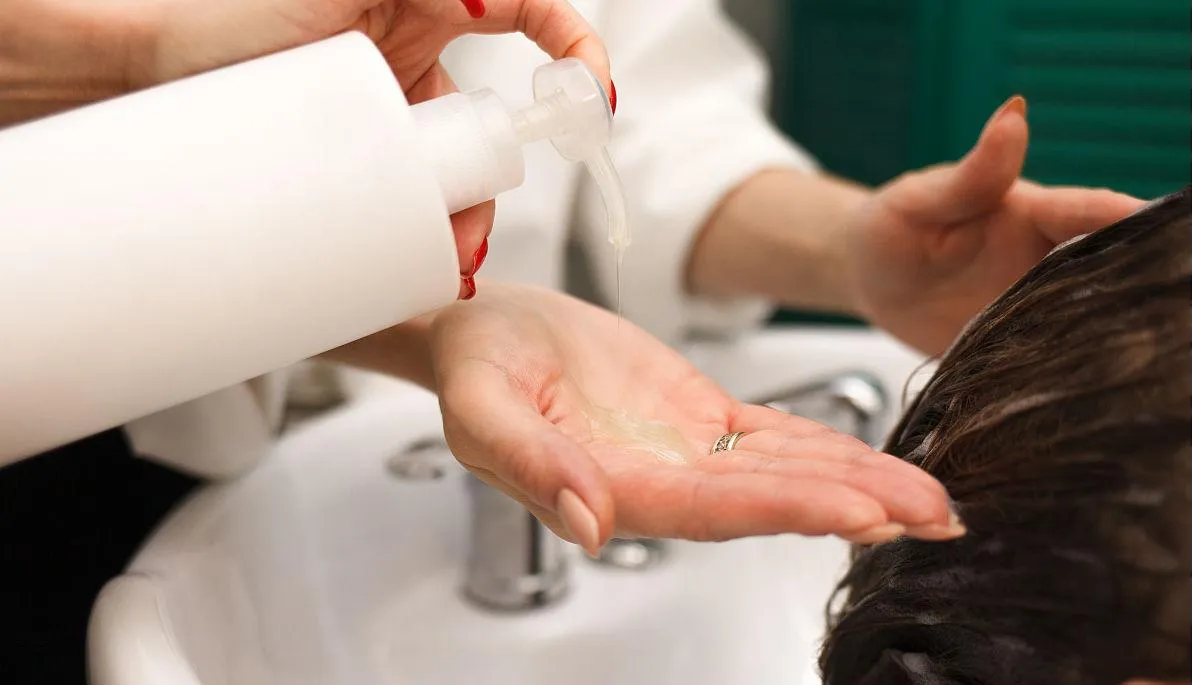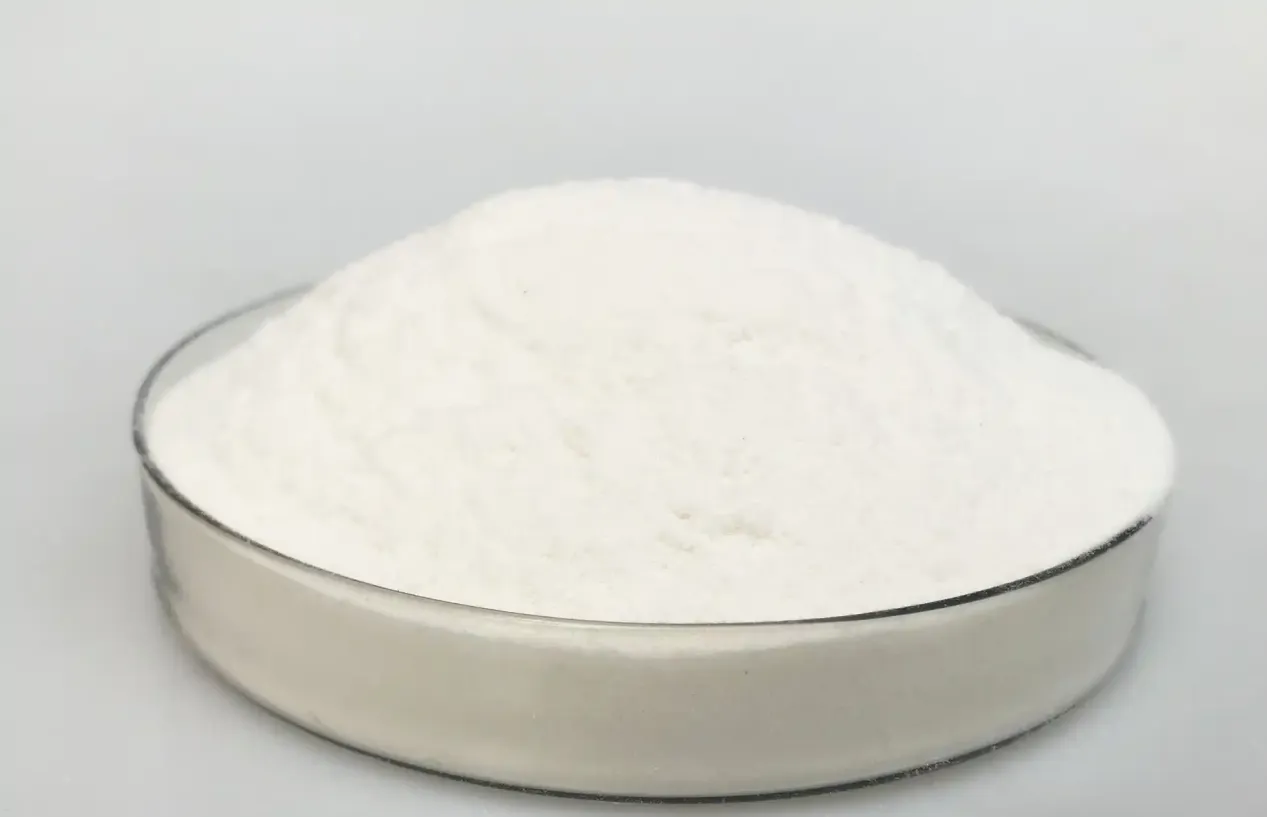
The Expanding Applications of Hydroxyethyl and Hydroxypropyl Starches Across Industries
In both industrial and healthcare settings, modified starches play a pivotal role due to their versatility, safety, and effectiveness. Two widely used derivatives—hydroxyethyl starch and hydroxypropyl distarch phosphate—demonstrate just how diverse their applications can be.

Subtitle 1: From Clinical Use to Food Processing – The Role of Hydroxyethyl and Hydroxypropyl Starches
Hydroxyethyl starch is most commonly known for its medical use as a plasma volume expander. In clinical environments, HES hydroxyethyl starch is administered intravenously to treat hypovolemia (a dangerous drop in blood volume), especially during surgical procedures or trauma. Its carefully engineered molecular structure allows it to remain in the bloodstream longer than basic saline solutions, offering prolonged support and better fluid management in critical care.
In contrast, hydroxypropyl distarch phosphate is used primarily in the food industry as a thickening and stabilizing agent. It offers superior heat, acid, and freeze-thaw resistance, making it ideal for sauces, frozen meals, and canned products. Approved under food additive code E1442, it allows food manufacturers to maintain consistency and shelf life without compromising safety or flavor.
An exciting new entrant in the starch innovation space is hydroxypropyl pea starch, which leverages the natural benefits of pea-based ingredients with the functionality of hydroxypropylation. This type of starch is not only allergen-friendly and plant-based but also provides excellent gel strength and clarity. It's a promising alternative for clean-label food and cosmetic formulations.

Rising Demand for Hydroxypropyl Starch Phosphate in Hair and Beauty Products
In recent years, the personal care industry has embraced functional starches for their lightweight, non-irritating, and natural profiles. Among the most in-demand is hydroxypropyl starch phosphate, a modified starch used in both skincare and haircare formulations.
Specifically, hydroxypropyl starch phosphate for hair is prized for its oil-absorbing capabilities and soft powdery texture. In shampoos, conditioners, and styling sprays, it helps control oil, enhance spreadability, and leave a silky, matte finish without greasiness. Consumers seeking lightweight, breathable hair products increasingly turn to formulas containing this ingredient.
The term hydroxypropyl starch phosphate hair appears often on labels for dry shampoos, volumizing products, and scalp treatments, where the starch contributes not only to cosmetic elegance but also to functionality—offering hold, texture, and smoothness.
As demand grows, finding a reliable hydroxypropyl starch phosphate supplier becomes crucial for cosmetic manufacturers. A trusted supplier ensures consistent quality, proper regulatory compliance, and the ability to scale as brands introduce more plant-derived and sustainable ingredients in their beauty lines.

FAQ
1、What is hydroxyethyl starch used for?
Hydroxyethyl starch is used medically to expand plasma volume during surgery, trauma, or sepsis. HES hydroxyethyl starch formulations are specially designed for extended fluid retention in the bloodstream.
2、Where is hydroxypropyl distarch phosphate applied?
Hydroxypropyl distarch phosphate (E1442) is widely used in the food industry for stabilizing sauces, soups, and frozen meals under acidic or high-temperature conditions.
3、What is hydroxypropyl pea starch?
Hydroxypropyl pea starch is a modified starch derived from peas, offering strong gelling properties, plant-based sourcing, and allergen-free formulation for food and cosmetics.
4、How does hydroxypropyl starch phosphate help in hair products?
Hydroxypropyl starch phosphate for hair enhances product spreadability, absorbs excess oil, and gives a smooth finish. It’s a key ingredient in dry shampoos and conditioners.
5、Is hydroxypropyl starch phosphate hair safe for sensitive users?
Yes. Hydroxypropyl starch phosphate hair formulations are generally non-irritating and are considered suitable for sensitive scalps and skin.
6、Where can I find a reliable hydroxypropyl starch phosphate supplier?
A trusted hydroxypropyl starch phosphate supplier provides consistent, high-quality ingredients for cosmetics and personal care products, meeting global regulatory and production standards.
Whether in hospitals, kitchens, or beauty routines, modified starches like hydroxyethyl starch, hydroxypropyl distarch phosphate، و hydroxypropyl starch phosphate deliver performance and reliability across applications. With continued innovation—like the rise of hydroxypropyl pea starch—and increasing demand for natural yet effective ingredients, the role of these starches will only grow. Sourcing from a qualified hydroxypropyl starch phosphate supplier ensures product success and consumer satisfaction in every industry they touch.
-
Unlocking the Value of Cellulose: Types, Derivatives, and Industrial ApplicationsاخبارAug.07,2025
-
Unlocking the Power of Cellulose: Types, Applications, and Future InnovationsاخبارAug.07,2025
-
Understanding HPMC: Properties, Applications, and Market InsightsاخبارAug.07,2025
-
The Versatility and Industrial Value of Cellulose-Based MaterialsاخبارAug.07,2025
-
Hydroxypropyl Methyl Cellulose (HPMC): Uses, Grades & Construction BenefitsاخبارAug.07,2025
-
Exploring the World of Cellulose: Types, Derivatives, and Industrial UsesاخبارAug.07,2025





















